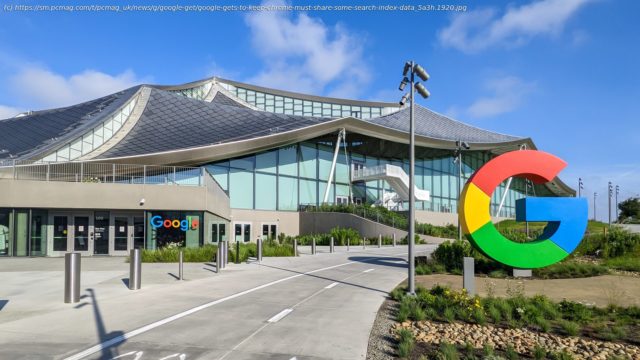Judge Amit P. Mehta’s opinion emphasizes how the rise of AI search has opened new competitive possibilities and saved Google from the DOJ’s most onerous requests.
Chrome isn’t going anywhere, and neither are Google’s payments to developers of competing browsers to keep its search engine as their default.
The ruling that US District Court Judge Amit P. Mehta handed down Tuesday in the Google search-antitrust case gave the plaintiffs—the Department of Justice, joined by 49 states, the District of Columbia, and two US territories—much less than they’d asked for last year after the judge found Google had created an illegal monopoly in search.
In his 230-page opinion for the US District Court for the District of Columbia, Mehta wrote that he considered remedies for Google’s illegal conduct “with a healthy dose of humility.” He also emphasized his awareness of how AI search engines and chatbots could already be gnawing away at Google’s lock on the search market, which Statcounter data for August put at 93% in mobile and 76% on desktops in the US.
“The money flowing into this space, and how quickly it has arrived, is astonishing,” Mehta wrote of generative-AI firms. “These companies already are in a better position, both financially and technologically, to compete with Google than any traditional search company has been in decades (except perhaps Microsoft).”
That led Mehta to reject the notion of a forced sale of Chrome, which had already drawn multi-billion-dollar bids from Perplexity and other firms, as “incredibly messy and highly risky.”
He also declined the plaintiff’s request to compel a divestiture of Android in five years unless Google could prove that its ownership of that mobile platform was not hurting search competition, writing that this remedy “does not fit the wrong.”
And while the trial revealed how much Google values keeping itself as the search default in Apple’s Safari, Mehta only approved a ban on exclusivity for Google search, Google Assistant, or its Gemini AI in deals like those. (Google pays Apple in the neighborhood of $20 billion a year, plus 36% of search-ad revenue generated in Safari.) He suggested that this could allow browser developers to set a different search site as the default for private browsing.
Mehta added that banning these search-default deals would let Google keep billions of dollars a year, which it could presumably divert into search and AI improvements to widen its competitive moat, and deprive independent browser developers like Mozilla and Opera of revenue they have come to rely on.






